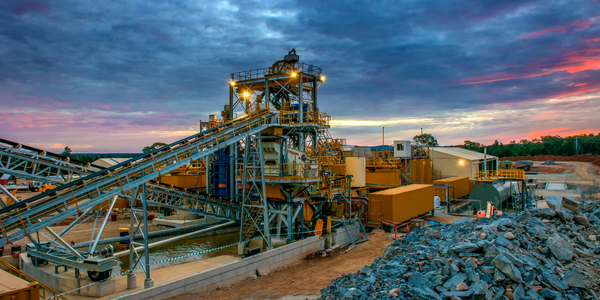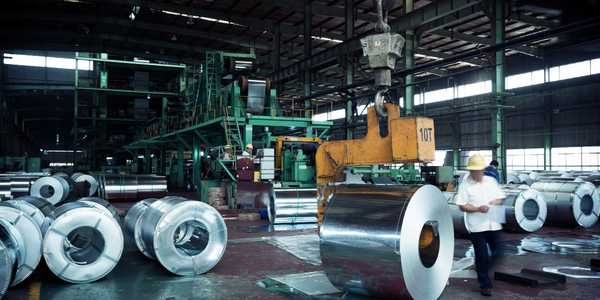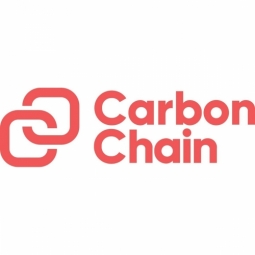Concord's Journey to Industry-Leading Carbon Insight for Trade Portfolio
- Analytics & Modeling - Machine Learning
- Cybersecurity & Privacy - Identity & Authentication Management
- Metals
- Transportation
- Logistics & Transportation
- Continuous Emission Monitoring Systems
- Supply Chain Visibility
In 2019, Concord, a leading global independent metals and minerals trader, aimed to pioneer Scope 3 carbon footprinting in the commodities sector. However, the company faced the daunting task of analyzing over 10,000 trades, identifying key upstream assets, and bridging the notorious data gap for extractive emissions. Concord's supply chain emissions were the most significant, especially in the carbon-intensive commodities industry. The company wanted to take a market-leading approach, defining best practice in carbon accounting for commodity trading. Concord needed to quantify its total Scope 3 CO2 output, benchmark its performance, break down the emissions sources, and compare trades, suppliers, and assets. The company required accurate, verifiable, and comprehensive emissions calculations that all stakeholders could trust, covering all of its approximately 10,000 annual trades and the end-to-end supply chain for each one. The in-house execution of this task seemed impossible due to the volume of manual data collection and analysis required and the shortage of reliable emissions data for the extraction, production, and transport of commodities.
Concord Resources Limited is a commodity merchant specializing in non-ferrous metals and associated raw materials. Established in 2015, it has rapidly grown to become one of the leading global independent metals and minerals traders. The company is headquartered in London and has representative offices in New York, Connecticut, and Hong Kong. Concord was ready to lead the way on Scope 3 carbon footprinting in the commodities sector in 2019. The company aimed to future-proof its business by understanding its carbon footprint, which is an essential step to managing carbon risk and preparing for the net-zero economy.
Concord partnered with CarbonChain to address its challenges. The process began with Concord providing CarbonChain with a raw data dump of its supply chain documentation from its Commodity Trading and Risk Management (CTRM) platform. CarbonChain extracted and organized the data, identified gaps, and filled them. The company modeled the 10,000 trades and tracked the commodities' movements from source to production to transportation. Once the missing details were in place, CarbonChain calculated the corresponding emissions and provided Concord with an accurate end-to-end supply chain carbon footprint, containing asset-level breakdowns for its entire trade portfolio. CarbonChain's software can return a comprehensive emissions report within 10 minutes upon receiving trade data. The technology uses machine learning to fill in the raw supply chain data gaps and make accurate, verifiable calculations, including benchmarking and ratings, that previously required significant manual work.
Related Case Studies.











